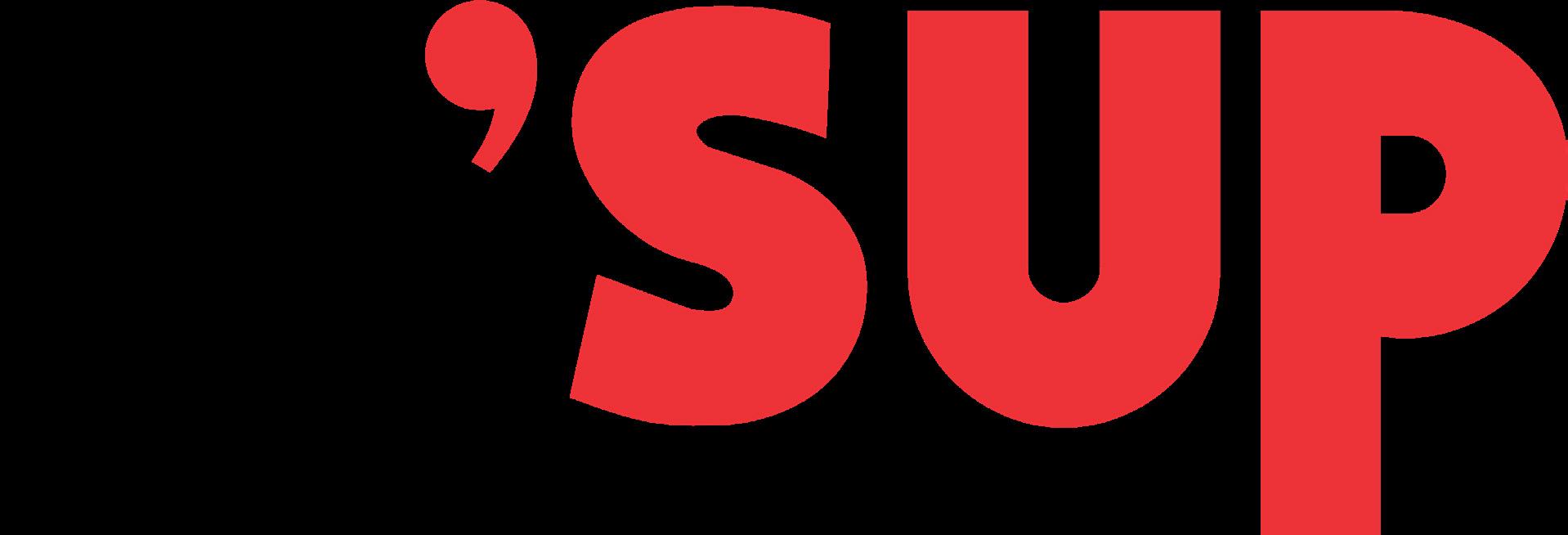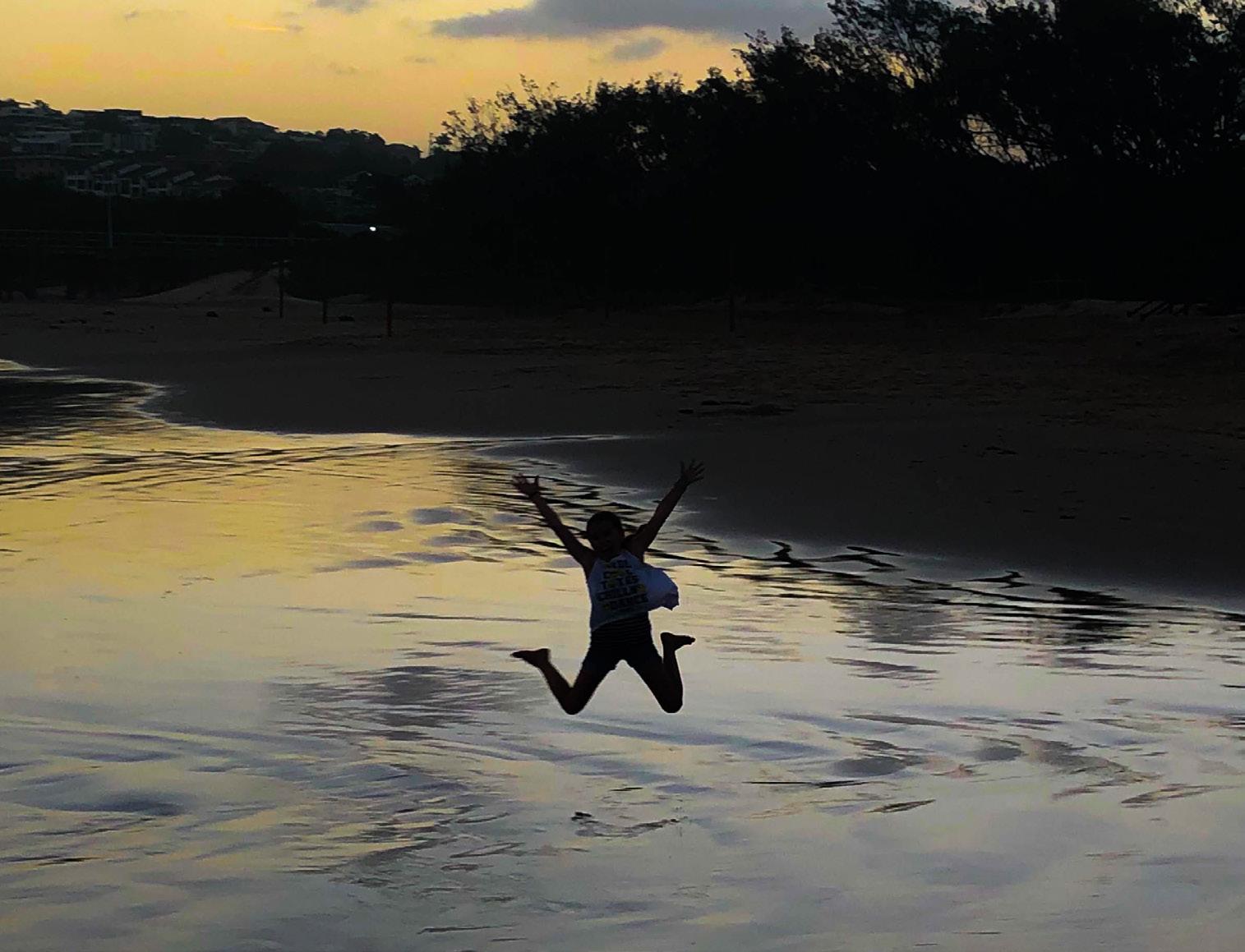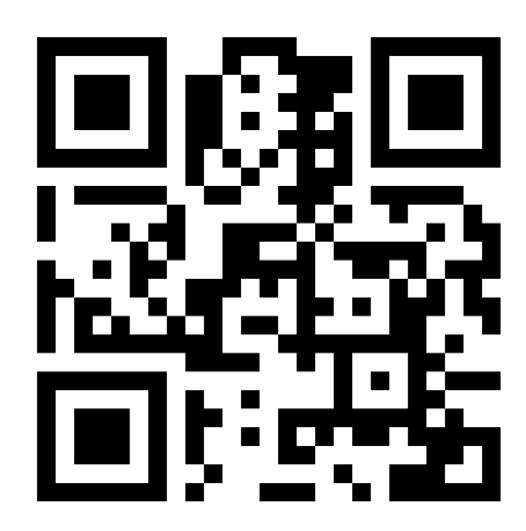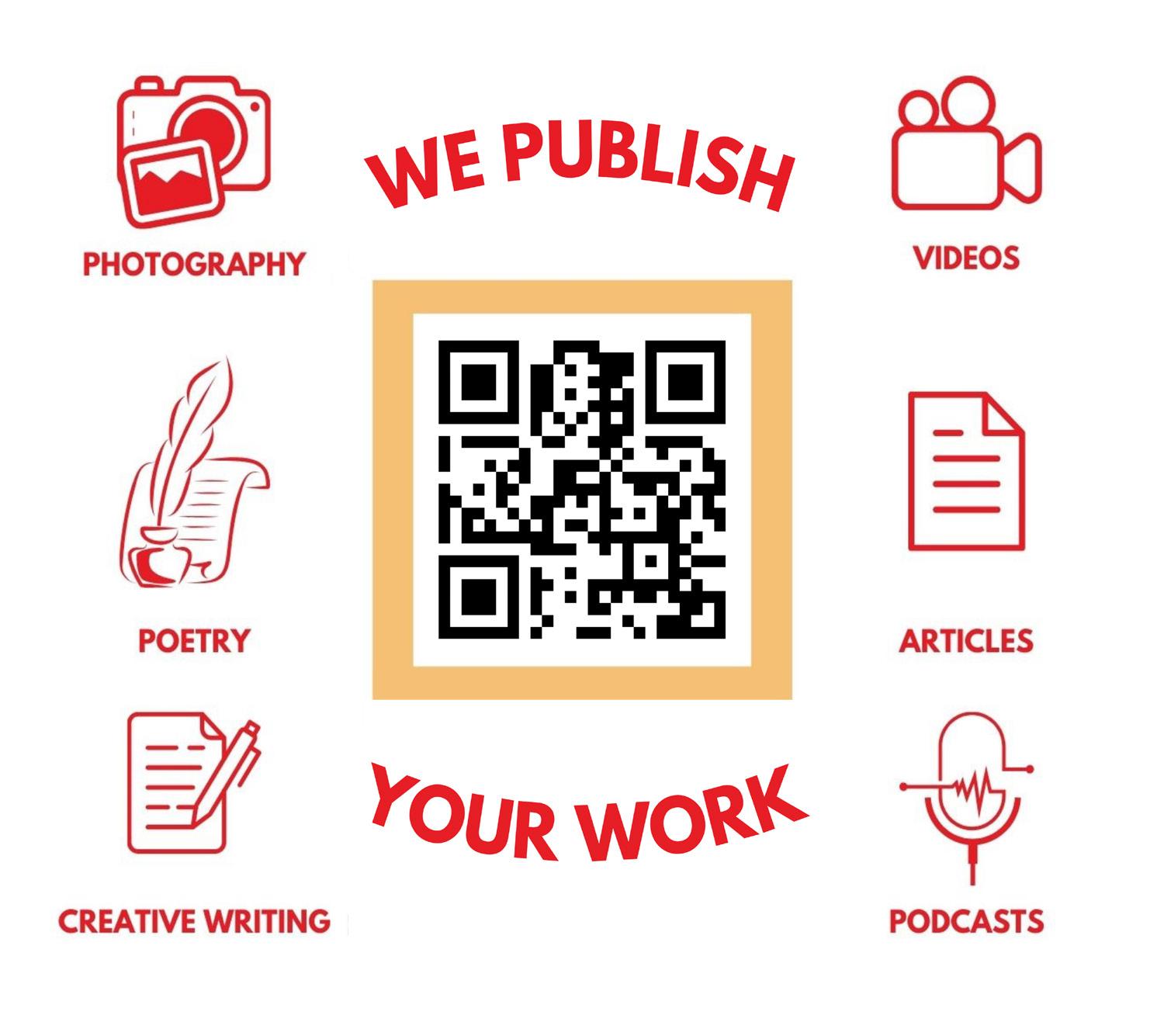

Everyday should be R U OK Day
By Jasmine Kaur, Student Publications Editor
R U OK?
A single question, a mindful breath, and a present moment can change everything.
The R U OK Day reminds us to check in with others and ourselves. It’s more than a date on the calendar: it’s a reminder that meaningful conversations matter. What began as a national day of action has now become a yearround movement to normalize checking in on those around us, not just on R U OK Day, but every day.
Hannah Brown, the Education and Young People Manager at R U OK?, highlights this shift:
“R U OK? started as a national day of action, but it’s grown into a yearround conversation movement. While it’s an important annual reminder to check in with each other, people are acknowledging that you shouldn’t wait until R U OK? Day to have these conversations.
Whether it’s your friend, family member, colleague, partner, or teammate, the people you care about go through life’s ups and downs every day. That’s why R U OK? is calling on everyone to Ask R U OK? Any Day because life happens every day.”
University life can get overwhelming. With studies, part-time jobs, family responsibilities, and just trying to keep up, it’s easy to miss what others might be going through. Western Sydney University Master of Social Work (Qualifying) student and Wellbeing and Belonging assistant
Caitlyn Seares, puts it simply:

“R U OK Day is a really helpful reminder to check in on your friends, family, and people around you. I know that many of us students and staff are balancing work, study, families, and other commitments, and life can just fly by sometimes! In this environment, it’s even more important to take the time and check in on those around us.”
It only takes a moment to start a conversation, but that moment can mean everything. As the Student Representative Council’s Welfare and Wellbeing Representative Utshaha Subedi shares:
“Sometimes, a single conversation can spark a change. It can be the lifeline someone’s quietly hoping for a gentle reminder that they are seen, valued, and never alone.”
While we’re encouraged to check in on others, psychiatrist Dr.
Howpage reminds us not to forget the most crucial step: checking in on ourselves.
“Actually, most of the time people will ask, ‘Are you okay?’ but the fundamental question they forget is, ‘Am I okay?’ So, I think in the modern world, everyone is stressed. I would like everyone to start the day by asking, ‘Am I okay?’ If you are okay, then you have permission to ask anybody else. Otherwise, what’s the point?”
Dr. Howpage encourages students to live in the present. She suggests a simple breathing technique: inhale for 3 seconds, hold for 3, exhale for 7. Just a few moments a day can make a difference.
Let’s not wait for a special day. Check in with others, and with yourself every day.
AI Accusations and Support for Students
By Hana Hussain
As artificial intelligence (AI) becomes embedded in academic life, universities are grappling to balance innovation and academic integrity.
Western Sydney University’s Student Case Coordinator Lauren Graham plays a crucial role in guiding students through the complex process of responding to academic misconduct allegations, sexual assault case management and other intricate circumstances affecting students.
We interviewed Graham for advice on tackling AI misconduct accusations at the University.
‘My role is to give them a voice, to listen to their situation and to advocate for them wholeheartedly’, Graham explained. This includes supporting students accused of academic integrity breaches involving AI, from the initial allegation through to appeals.
AI’s impact is not universally negative.
However, according to Universities Australia’s ‘Artificial Intelligence in Research’, students must carefully
consider the accompanying risks whilst using AI tools to ensure responsible and ethical learning.
Misuse is common, as explained in a 2025 article written by Elisa McDowell with The Guardian, particularly when students rely on AI without using critical thought of their own.
Proving AI use poses unique challenges, Graham explains: ‘It’s more complex than other misconduct allegations because there’s not a clear way to determine when AI has been used’. Investigations often require close collaboration between students and support staff to understand why a case was flagged.
Graham stressed that honesty is often the best strategy: ‘If someone has used AI… acknowledging it and reflecting on why they used it, how they used it, and what they might do differently in future is the best way to go’.
In many first-time cases, open disclosure can result in lower sanctions, such as completing an academic integrity module or writing


Women Who STEMM Together, Stay Together
By Bowen Fucile
University is more than lectures and exams; it’s about finding your people, lifting each other up, and building a future.
In 2022, I helped host a small Western Sydney University STEMM (Science, Technology, Engineering, Mathematics and Medicine) event called Greet and Eat.
Alongside Engineers Australia ambassadors Heimy Molina, Linh Trinh and Lucas Gio, we organised the event at Western’s Hassall Street campus to reconnect students after the isolating years of lockdown.
It was at this event that students Maria Roussou and Riya Louis Kattady crossed paths, both seeking community and connection during a challenging time. The event planted the seed for something greater. Riya, an international master’s student from India, and Heimy, a bachelor’s student from the Philippines, quickly became involved in student clubs that redefined their university experience. Linh went on to establish the Robotics, Automation & Manufacturing (RAM) Club, creating a new space for innovation and collaboration.
Heimy also joined Engineers Without Borders, where she could apply her passion for social impact.
Together with Maria and Riya, they found themselves at the heart of the Engineers Society, which rapidly became a hub for connection, collaboration, and growth.
Each of them brought their own perspective and strength, creating a rich, supportive environment where innovation, leadership, and teamwork flourished.
As the influence grew, so did their impact.

welcomed students from diverse backgrounds and disciplines.
Through these efforts, they helped break down barriers and build friendships.
They also met Janhavi Shinde and connected with Western’s Academy Program Officer Mandii Carr, further expanding their circle and deepening the bonds of support and sisterhood.
Being part of this community allowed all of them to develop professional skills, leadership abilities, and resilience. Now, in 2025, that small group of students has become a close-knit sisterhood.
enriches the university experience, turning strangers into friends, and friends into family.
Their story shows the importance of mentorship, collaboration and representation. It stresses to younger students the value of connections and support networks in achieving academic and personal success.
Reflecting on the journey, Mandii Carr said it best:
“It was the vibe, the connection, the community that we created. This STEMM sisterhood? Rock solid.”
a reflection, rather than formal misconduct penalties taking place.
Graham encourages students seeking to avoid accidental breaches to consult their subject outlines and AI usage guidelines.
Study Smart is a free academic resource provided by Western’s Library where students can access various academic improvement guides and workshops.
This includes the Mathematics Education Support Hub (MESH) and Reading and Writing workshops. Integrity modules are also provided. Western’s Welfare team can provide guidance for Category 1 misconduct cases.
In some instances, AI can be useful, but students must understand university policies to avoid any misconduct allegations.
Seek assistance early on if concerns arise. ‘Not to panic,’ Graham advised.
‘There are ways we can support students to respond and get the best outcome’.
Through industry events, site visits, trivia nights, and meet-and-greets, they fostered a thriving on-campus engineering community that
From celebrating the 2023 Student Leaders’ Gala to standing as bridesmaids at Heimy Molina’s engagement, their connection has only grown stronger.
Their journey throughout the years shows how community
Their story is a reminder that community, mentorship, and collaboration are just as essential as lectures and exams in shaping a deeply meaningful university experience.
For future STEMM students, it leaves behind a roadmap for building connections and an inclusive culture that benefits everyone.
SRC Letter: We’ve been delivering for you
By Laine Fox, SRC President.
The Western SRC has been working hard to deliver real wins that make life at Western fairer, more accessible, and more supportive for every student. Every change we’ve achieved has been driven by your voices, your advocacy, and your belief that students deserve better.
Here’s what we’ve achieved together:
• Free Printing for All Students: removing the cost barrier to essential printing so every student can access the materials they need to succeed.
• Removal of ProctorU Online Exams: ending outdated and invasive online monitoring systems that caused stress and invaded privacy.
• Lower Costs for International Student Letters: cutting the
price of essential documentation so international students face fewer financial hurdles.
• Free Food Pantries: making sure no student goes hungry, with free food available across our campuses.
• 11:59 pm Submission Times: standardising deadlines so students have more flexibility and less unnecessary stress.
• Simple 3-Day Extensions: making short extensions quicker and easier to access when life gets in the way.
• Establishing the WSU Student Union: creating a strong, independent, and student-led body to protect and advance your rights.
We’re not done yet!
We’ll keep fighting for:
• Safer and more accessible campuses.
• Fair and affordable parking for all students.
• Protecting staff jobs from unnecessary cuts that hurt our education.
Your SRC is here to stand up for you. Together, we’ve shown that when students unite, we can make real, lasting change.
Western SRC
Sincerely, Laine Fox
President (He/Him)
R U OK Day is a helpful reminder to check in on your friends, family, and people around you | Photo: Sofia Tripodi. Gold Coast QLD, 2023
Top image: STEMM team (from left to right): Mandii Carr, Janhavi Shinde, Linh Trinh, Heimy Molina, Maria Roussou, and Riya Louis Kattady, celebrating the 2023 Student Leaders Gala. Bottom image: Heimy Molina’s engagement, with her bridesmaids.
Photo credit: Mandii Carr, 2025.
Padmini
Rooted in Ghana, Growing in Western Sydney – In Conversation with Adjoa Assan
By Jasmine Kaur, Student Publications Editor. Originally published

When you meet Adjoa Assan, you’re struck by her eloquence and quiet strength anchoring. Assan is extraordinary, graduating from Western Sydney University with three degrees: a Bachelor of Laws (First Class Honours), a Bachelor of International Studies (with Distinction), and a Bachelor of Applied Leadership and Critical Thinking. Assan was invited to join Western’s flagship program, ‘The Academy’, while in year
11 at Doonside High School.
‘That sense of being seen and recognised not just for grades but for potential is what planted the seed. While undertaking her triple degree, Assan noticed a gap. ‘There was barely any mention of Africa in the content of International Studies.’
Instead of waiting for the system to change, she created something new: The African Australian
Clubs Crossword
Youth Collective, a student society focused on creating visibility, understanding, and celebration of Africa. The society became a space of storytelling, social connection, and critical conversations. African and non-African students joined together to celebrate belonging.
Assan was selected to represent the university in South Africa for a youth program on democracy and citizenship in her first year at Western. The experience changed her.
‘I saw how engaged South African students were with current affairs. And I thought, “Am I doing enough?” That’s when the seed for the Youth Collective took shape.
Today, years later, life has come full circle. Assan has been selected as an Australian delegate to the 2025 G20 Youth Summit in Johannesburg, through the Global Voices Policy Fellowship. Assan’s focus? Artificial intelligence and digital innovation, with a powerful Global South perspective.
‘I want to talk about digital access, not just digital advances. We can’t let technology become another form of inequality. Many young people in
Ghana and across Africa don’t even have access to the internet. They can’t be left out of the global conversation.
I want to work in diplomacy. I want to represent Australia and support Ghana’s future too. There’s so much potential for collaboration that benefits both. Australia and African nations have shared challenges, like climate change and food security. Let’s work together.’
Her dream is deeply personal: the village her family comes from in Ghana has no high school.
‘I want to change that,” she says quietly. ‘I can’t fix everything, but I can help there. That’s my goal.’
She speaks proudly of how the African Australian Youth Collective continued after her graduation, holding elections and evolving with new leadership.
‘That’s when you know something is real. When it lives beyond you’.
For Assan, leadership isn’t about being in front. It’s about reaching back, lifting others, and creating spaces that didn’t exist before.

Who Organises the University’s Subjects?
By Israa Merhi, Student Publications Editor.
Have you ever wondered who organises your university subjects? Is it a single subject coordinator? Or a group of people?
I interviewed W’SUP News’ marketing officer -- Bailey Anderson who is a part of the University’s Computer, Data and Mathematical Sciences’ (CDMS) School Academic Committee (SAC) as an undergraduate student member.
Anderson covers why he thinks students should know who holds these roles and how others can have a say.
What is the ‘SAC’?
‘The Academic Senate is the main body. Every single subject change must be agreed to by the Senate. Otherwise, it does not go through. They [any necessary changes] first have to pass the SAC. Most subject coordinators get invited, and sometimes lecturers will attend on their behalf, as well as two student members’.
Every School has its own SAC subcommittee. The committee puts the subjects together from the subject criteria. Anderson says this can range from decisions about assignment structure, group projects, marking criteria and learning outcomes in the Handbook.
Anderson mentions his role provides student consultation on academic decisions.
‘For example, in the next meeting, we are discussing a subject change for the core subjects to the IT degree’.
Anderson surveys IT and CDMS students for their feedback on the possible subject changes. Anderson says his feedback is relayed in the SAC for academic consideration before the committee makes a conclusion.
Student Engagement with Subject Coordination
Anderson highlighted very low engagement when it comes to student feedback. He said it has been “’incredibly difficult’”. However, he aims to handle this ongoing issue by establishing a student organisation.


‘Whether that be directly studentrun or overseen by the SAC, the primary goal would be to help students understand these procedures, these bureaucracies, but also allow them to engage with their representation more effectively and more directly’.
He suggested this could be achieved through social media platforms like Discord or Instagram. I asked Anderson about challenges within SAC involvement.
‘It is a very intimidating and overwhelming scenario...In my experience, ...I’ve been the only student member. Which means I’ve had the sole responsibility of voicing student concerns’.
He added:
‘We aren’t entitled to any of the support from the staff members that other representatives get... We don’t get access to their offices. We don’t get access to any of their student information. So, it’s incredibly isolating’.
Anderson said seeing outcomes is one of the most rewarding parts of the job.
‘There’s nothing greater than a student coming to you saying, “Hey, this is really important to me” and then being able to deliver for them’.
Be Part of the Student Voice! ~Anderson says!
Anderson highly encourages students to join their school SAC. Anderson says students not taking up these opportunities is ‘..one of the most abysmal wastages of money’, due to SAC students member positions being SSAF funded.
As reported in 2025 by Elizabeth Bunoza for W’SUP News, students can face challenges successfully receiving roles through the University’s Jobs on Campus webpage.
Being a part of your School’s SAC is a great way to get started!


Adjoa Assan invited to share her journey with high school students at the first Academy U Graduation Ceremony in 2023. Picture Credit: Adjoa Assan, 2023
